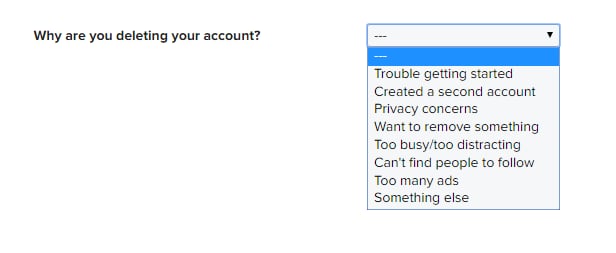

The first step is to acknowledge to teens how challenging it is to limit social media use.

In my work, I’ve observed that we can get students more motivated to be organized, manage online distractions and opt-out of certain apps altogether if we recognize that students often use social media out of a desire for support and connection and offer guidance in engaging with it responsibly. Murthy cites positive findings across sexual, racial and gender minorities that social media can be a forum for social connection and a place for encountering positive or identity-affirming content on several social media platforms. Social media can be especially important for those who feel marginalized and isolated. The fearmongering headlines also miss the ways that many teens benefit from communicating online, as the surgeon general’s report also noted. Opinion: Parents, get your kids off social media As a result, many teens fixate on finding workarounds and hiding their social media activity from the trusted adults who could offer assistance if something that feels uncomfortable or inappropriate happens online.

From the ages of 10 to 19, the neural systems associated with impulse control, emotional regulation and moderating social behavior undergo rapid growth, which may lead to greater emotional sensitivity to the dynamics of acceptance, rejection and peer influence.Įfforts to block sites or ban apps are misguided because in general scare tactics can have the effect of reducing teenagers’ own motivation for responsible behavior. Adolescence is a time of both heightened stress exposure and increased plasticity of the brain, making it an extremely vulnerable period. Teenagers’ focus on socializing coupled with their incomplete brain development suggests that effective self-regulation can feel nearly impossible for them without outside support. We should be engaging with them to find solutions that promote their overall well-being rather than simply trying to restrain them or make them feel bad about using social media. When social media use becomes excessive (the definition of which can admittedly hard to provide) or problematic, it has been linked to problems with sleep, attention and belonging.īut given that this technology is here to stay, we should be supporting children in developing their internal motivation to make good choices whether or not we’re watching. Exposure to certain kinds of problematic content is correlated with disordered eating, depressive symptoms and self-harm. Researchers have found that the heavy use of social media has negative mental health consequences, including increasing loneliness and sensitivity to emotional, physical or social stimuli. It’s time for a rethink on video games.Ĭaregivers are right to be concerned that social media use and, in particular, troubling posts can be detrimental to their kids and teens. Opinion: The new Zelda has finally arrived.

Some 95% of teens are on some form of social media, according to the Pew Research Center, and 35% say they are using at least one online platform “almost constantly.” As an academic adviser who works with middle school, high school and college students on executive function skills, I routinely encounter students who spend 55 hours or more per week on some form of social media.Ĭopies of "The Legend of Zelda: Tears of the Kingdom" video game are displayed during a launch event for the game at a Nintendo store in New York on May 12, 2023. Teens use screens an average of seven hours and 22 minutes a day outside of school (plus another hour for homework), according to a 2019 study by Common Sense Media, an advocacy group that tries to make technology safer for kids. It’s particularly important for parents to be aware of what actually works now that the school year and teacher supervision is ending. With guidance like this, it’s not surprising that much of our society’s approach to social media use has been rooted in fear, anger and frustration. But, while understandable, this attitude can be counterproductive and even harmful to promoting the behavioral changes needed to protect youth.


 0 kommentar(er)
0 kommentar(er)
